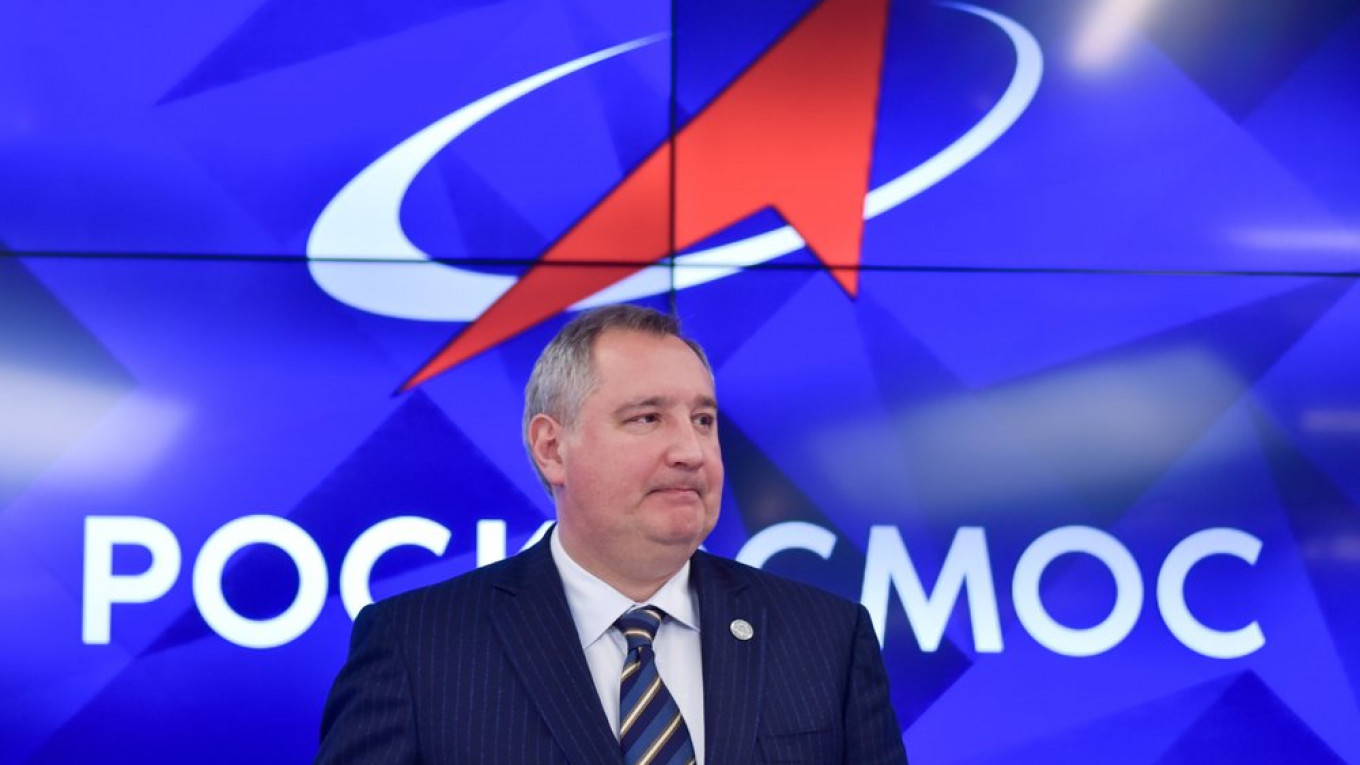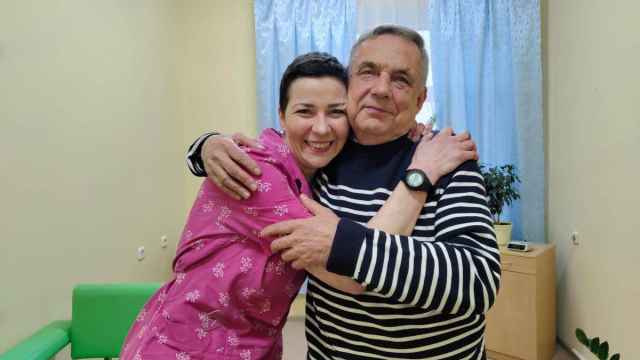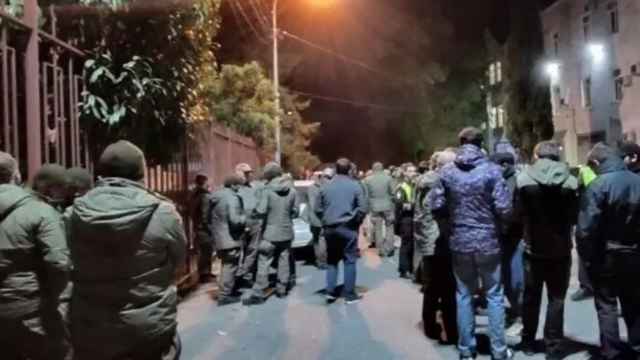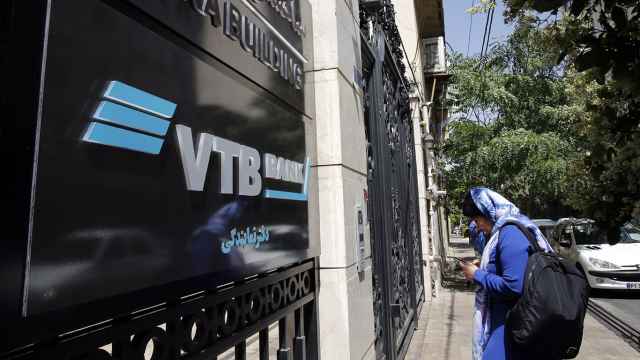Russian space agency chief Dmitry Rogozin once ridiculed the lack of a U.S. manned flight programme, saying it might as well "deliver its astronauts to the ISS by using a trampoline".
Six years later Elon Musk and NASA had the last laugh.
"The trampoline is working," quipped the 48-year-old U.S. entrepreneur at a post-flight news conference alongside NASA administrator Jim Bridenstine.
Both men laughed. "It's an inside joke," Musk added.
On Saturday, his SpaceX made history by becoming the first commercial company to send humans into orbit.
The U.S. feat and Musk's joke set Russian social media alight, with wits ridiculing Rogozin, and the Russian space chief's name began trending on Twitter.
"How do you like this, Dmitry Rogozin?" one critic prodded.
Russia still prides itself on sending the first human into orbit in 1961 and other achievements of the Soviet-era space programme.
Rogozin has remained conspicuously silent but his spokesman was forced to react.
"We don't really understand the hysteria sparked by the successful launch of a Crew Dragon spacecraft," spokesman Vladimir Ustimenko said on Twitter.
"What should have happened a long time ago happened," he added.
While cosmonaut Sergei Krikalev, Roscosmos executive director for crewed space programmes, saluted the US achievement in a brief video address, not everyone was in such a gracious mood.
Alexey Pushkov, a member of the upper house of parliament, declared Saturday's flight was not a big deal.
"This is a flight to the International Space Station, not to Mars," he said on messaging app Telegram.
He pronounced it time to stop ferrying Americans to the orbiting lab.
"Russia needs spaces for its own young cosmonauts."
A Message from The Moscow Times:
Dear readers,
We are facing unprecedented challenges. Russia's Prosecutor General's Office has designated The Moscow Times as an "undesirable" organization, criminalizing our work and putting our staff at risk of prosecution. This follows our earlier unjust labeling as a "foreign agent."
These actions are direct attempts to silence independent journalism in Russia. The authorities claim our work "discredits the decisions of the Russian leadership." We see things differently: we strive to provide accurate, unbiased reporting on Russia.
We, the journalists of The Moscow Times, refuse to be silenced. But to continue our work, we need your help.
Your support, no matter how small, makes a world of difference. If you can, please support us monthly starting from just $2. It's quick to set up, and every contribution makes a significant impact.
By supporting The Moscow Times, you're defending open, independent journalism in the face of repression. Thank you for standing with us.
Remind me later.






